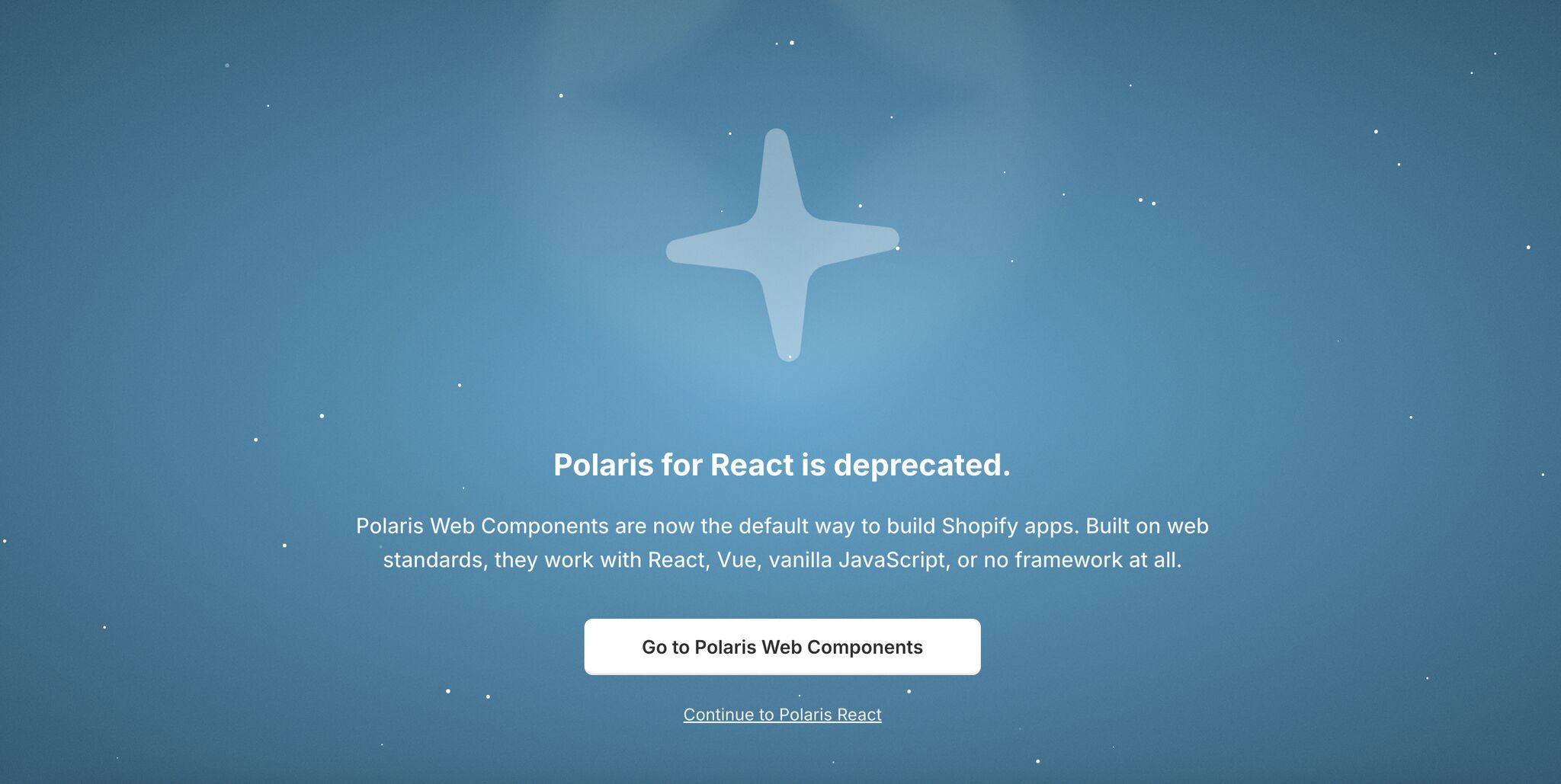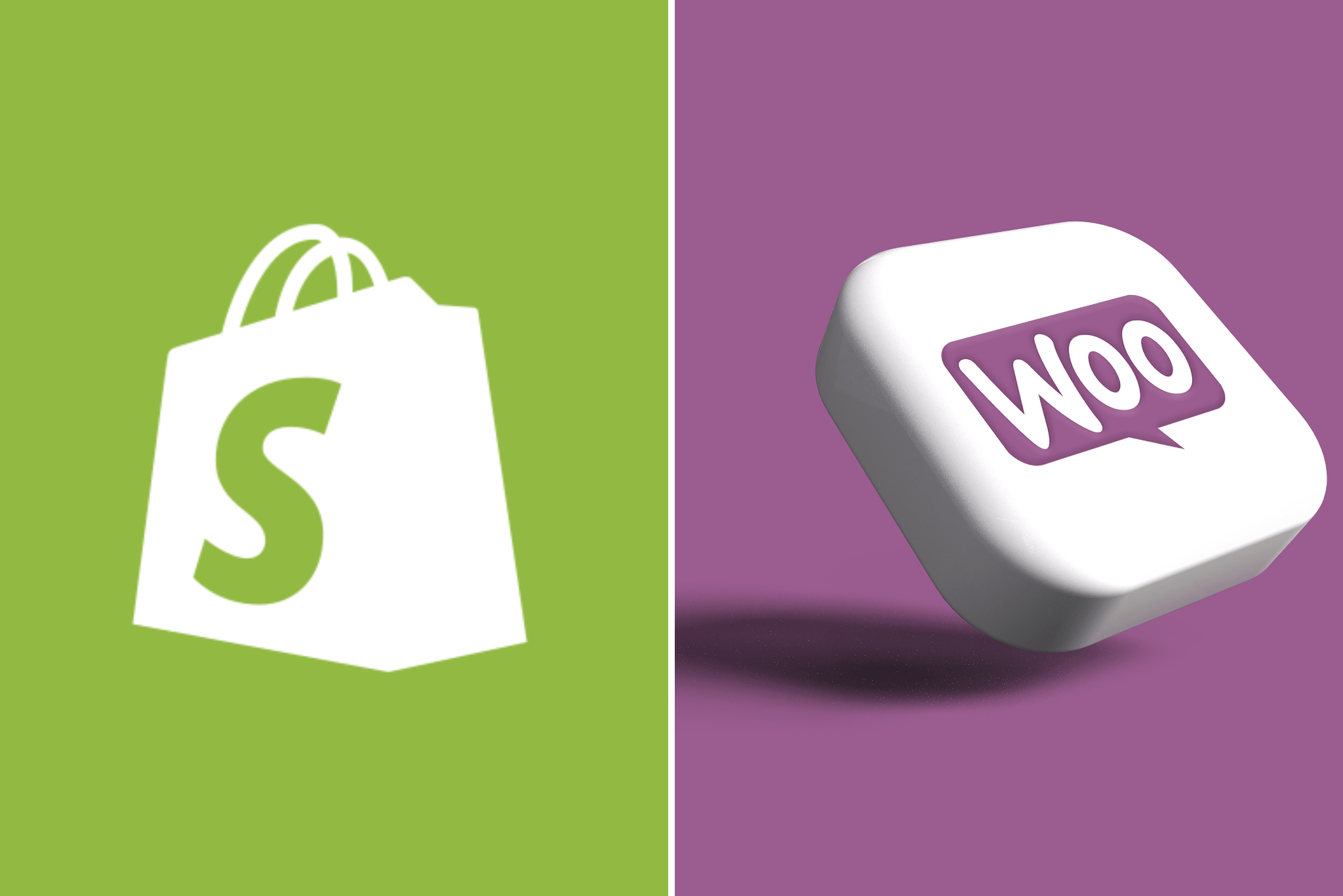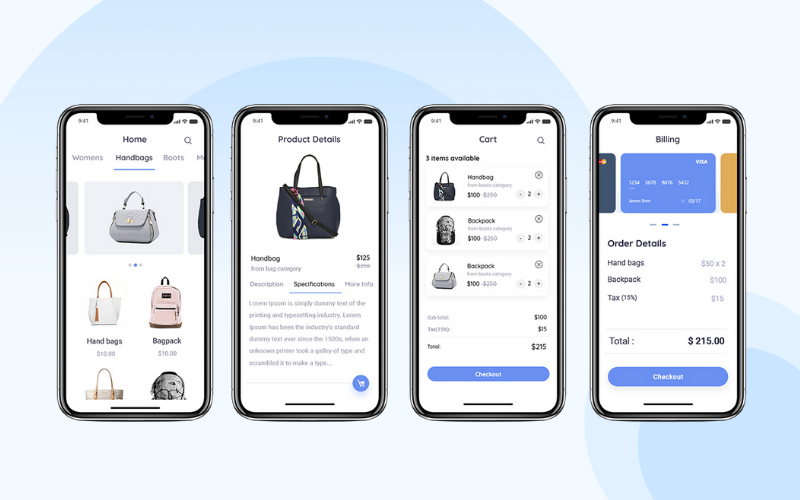Shopify Polaris React Now Deprecated: The New Era of Polaris Web Components

One of the most critical building blocks we use when developing apps with Shopify is without a doubt Polaris. Polaris React, which has been offering React-based UI components for the Shopify Admin interface for years, has recently officially been officially deprecated was announced. I first noticed this through a big blue pop-up that popped up when I was searching for components in the Polaris documentation:
“Polaris for React is deprecated.”
So why is Shopify making such a change? And how will this new architecture affect us?
What is Framework-Agnostic?
The phrase that first caught my attention after seeing the warning”framework agnosticIt was a concept. It was the first time I came across a definition that was used so clearly, and I wanted to explore it in detail.
In the discussions on Stack Overflow, framework-agnostic structures are described as follows:
- Not dependent on any framework,
- Works compatible with React, Vue, Svelte or Vanilla JS,
- which does not deteriorate when moved to different platforms,
- Delivering more flexible and scalable interfaces in the long term
- UI libraries are considered framework agnostic.
In short, your components if it only works because React works this is a React dependency;
but If the UI side stays intact even if you switch to Vue instead of React This is a framework-agnostic approach.
Shopify Polaris Is Now Moving Forward Over Web Components
Shopify summarizes Polaris's new roadmap as follows:
- A single unified UI kit
- Common structure covering Admin, Checkout, Customer Accounts, and other Shopify surfaces
- Fully Web Components based on standards
- React, Vue and even without any framework
- Shopify's own Lightweight and modular components served from CDN
Along with this architecture:
❌ Polaris React → No longer available
✅ Polaris Web Components → New standard
Formerly limited to React, Polaris is now completely “rid of React dependency”. This means a freer ecosystem in the long run, especially for Shopify App developers.
My First Experiences: Flexible but There's Still a Way to Go
The first thing I see when I tinker with the new Polaris Web Components a bit:
- more supple,
- more modern,
- more framework-independent It offers a structure.
But on the other side:
- The list of “common bugs” is quite fluffy,
- Documentation is still in development,
- The stability of the components is variable from time to time,
- In some cases it is difficult to carry React habits naturally.
I'm thinking of waiting for the winter update especially in my own projects; it doesn't feel quite “ready” for the production environment at the moment.
The Future of Polaris and the Community Experience
The move to Agnostic is a major transformation that will shape the next 5 years on Shopify's UI side.
The idea of supporting all platforms with a single UI kit is really powerful. But as a community, the learning curve is starting anew.
.png)


